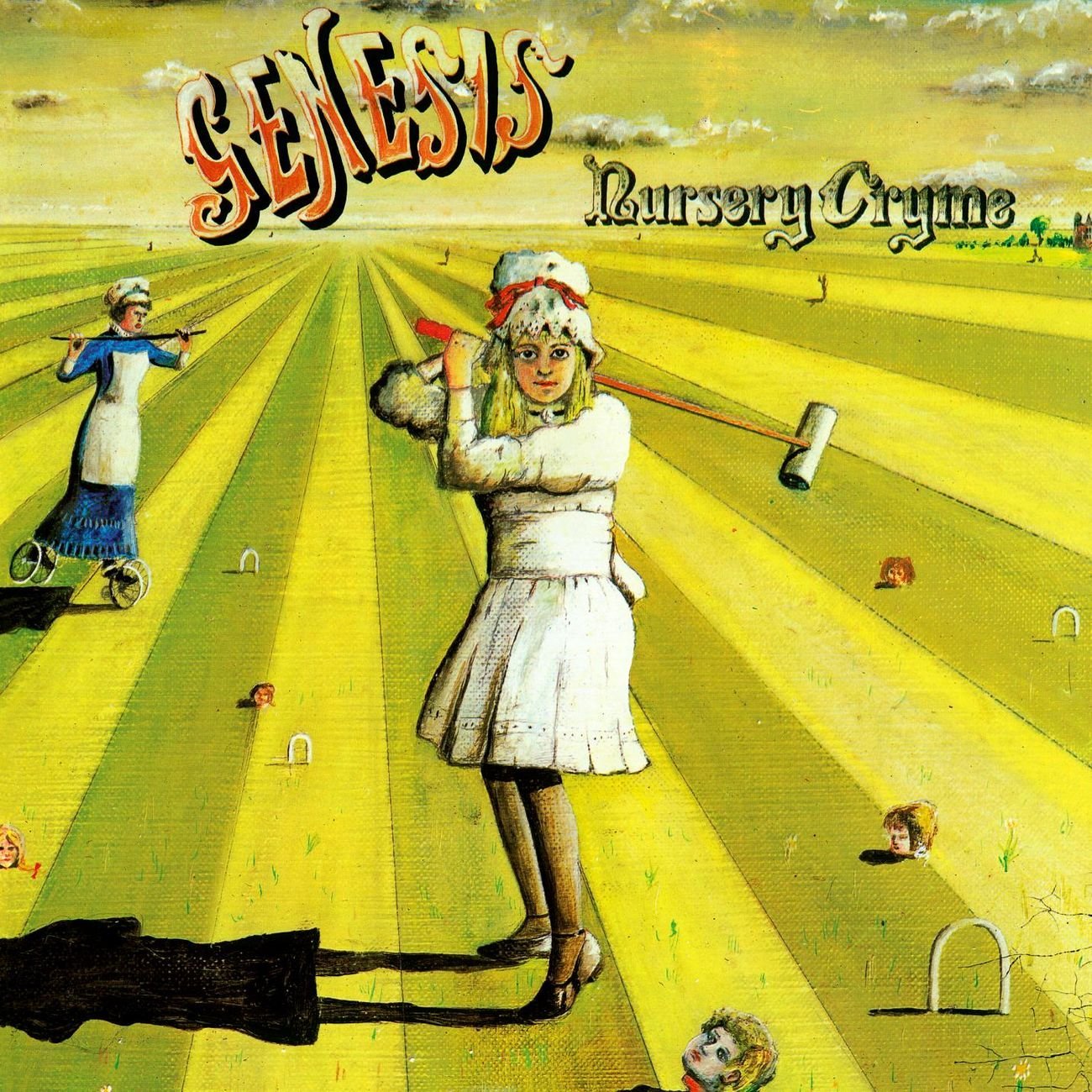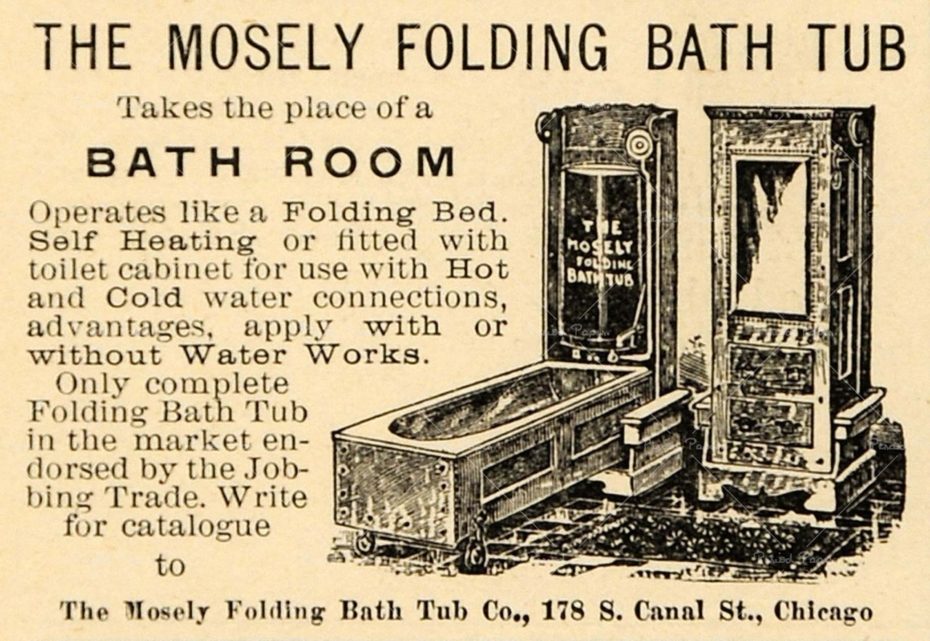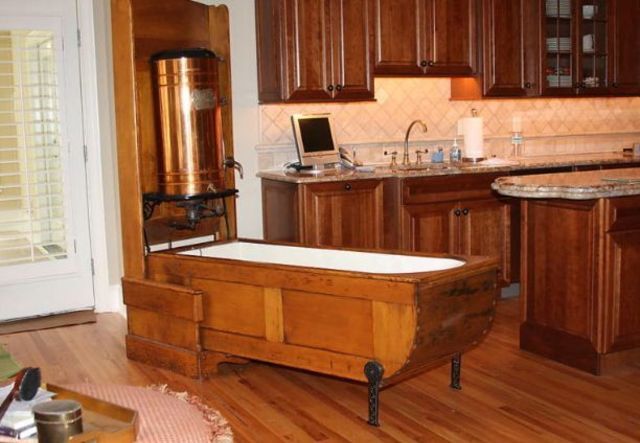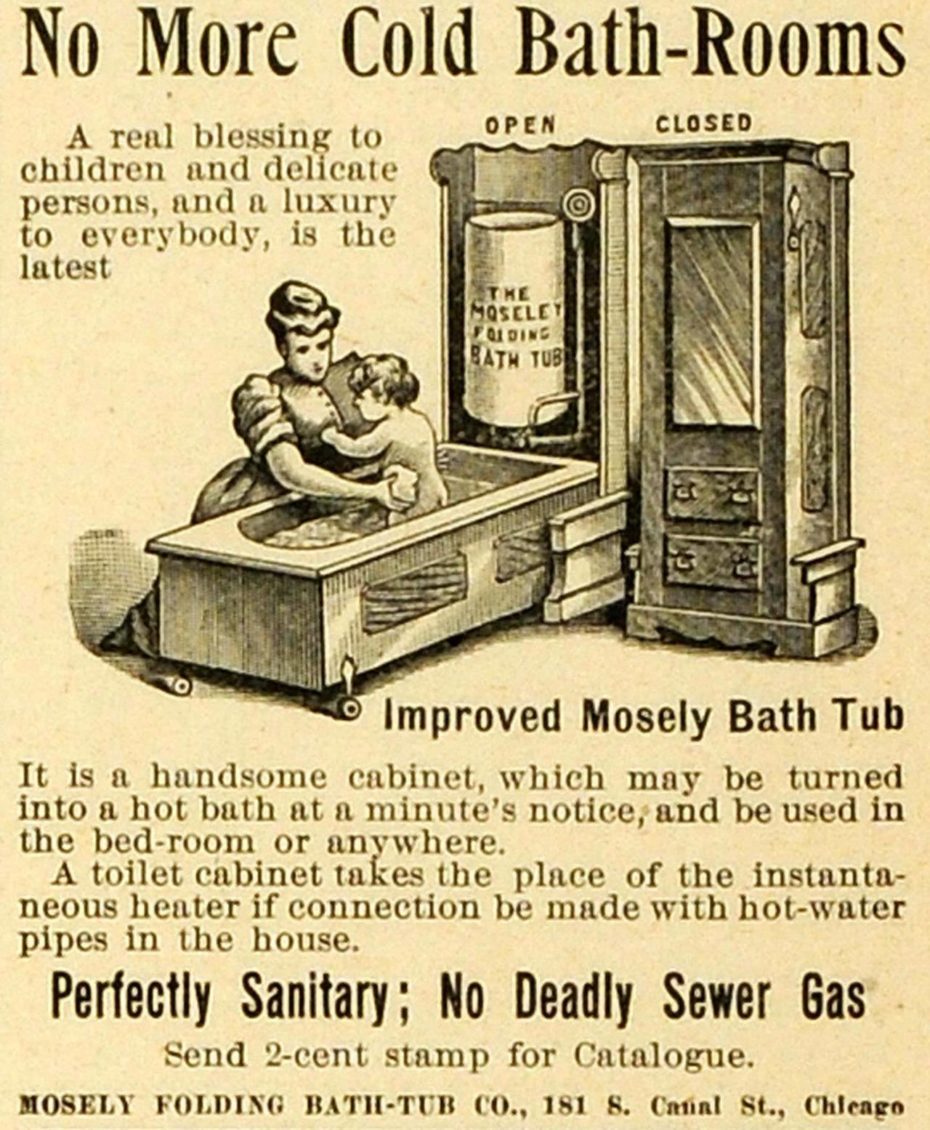Downloading to a USB should work. I have a similar radio in my new (second hand 2016) car and I have created three USB sticks each with over 100 hours of music on them. One classical, one rock and one jazz. Works for me. Typically they also have an 3.5mm audio jack aux input that can be connected to many different devices. Get a well shielded cable though or you get interference from the engine.We've just purchased a new car. No audio tape (every 2002 car did). No CD player (every 2012 car did). Won't support my iPod via the USB socket. It won't support a portable CD/DVD player via the USB socket. It does however, Bluetooth iPhones and Androids but that means having a music App on the phone and paying monthly for a service, or else listening to frequent adverts. I think I could download music files onto a USB stick and that would work. I haven't tried.
And while it does have an excellent radio, as I just mentioned in the moaning thread, many places don't have good radio reception, even in 2023.
I guess we could just talk to each other, or sing instead.

You are using an out of date browser. It may not display this or other websites correctly.
You should upgrade or use an alternative browser.
You should upgrade or use an alternative browser.
Old Tech thread
- Thread starter Danny McG
- Start date
Victorian roller skates...

A friend of mine has copied all of his music onto a computer -- well, more than one: he's very into having at least one duplicate copy of his music and other files -- and now listens to it that way.Downloading to a USB should work.
How much of it he plays having then copied it to a USB stick, I have no idea. (Oh, and how long it took him to copy the music from his CDs, I wouldn't like to guess.)
I do it as a background activity when I'm working. I have my own music database program I wrote years ago that does automatic mixes for me (not just random mixes) and then copies them to a USB. I just leave it running whilst I get on with stuff. It does take a while!A friend of mine has copied all of his music onto a computer -- well, more than one: he's very into having at least one duplicate copy of his music and other files -- and now listens to it that way.
How much of it he plays having then copied it to a USB stick, I have no idea. (Oh, and how long it took him to copy the music from his CDs, I wouldn't like to guess.)
I suspect this is what my friend does. (He's the one who uses Raspberry PIs for various things, including capturing pictures of birds visiting his birdfeeder -- I downloaded a picture taken by this method to another thread a while back (where the bird coming into land has already folded its wings away) -- and recording the meter for his solar panels (so that he can see the reading (and store it for analysis) without having to go to where the meter is located or do any typing).I have my own music database program I wrote years ago that does automatic mixes for me (not just random mixes) and then copies them to a USB
Basically, he always seems to be on the lookout for things on which he can apply some sort of computing power.
Because it's a Vauxhall? I have experience, I had a Cavalier...Anyone know why all the dashboard lights stay on in my 2011 Vauxhall Meriva? Talking about old tech... XD
Cthulhu.Science
Well-Known Member
- Joined
- Jan 30, 2023
- Messages
- 1,023
I notice the folding bath tub can be put in any room and has 'no deadly sewer gas,' so I'm left wondering how it is drained?
Apparently it emptied into a basin, which was in turn tipped down a drain. One turned up on the American 'Antiques Roadshow'.

A Brief History of the Wonderfully Weird “Folding Bathtub”
A Brief History of the Wonderfully Weird “Folding Bathtub”
"I actually got some weird reverse logic calculator first, which wasn't so bad because no one else could work out how to use it (you had to sum 2 + 2 rather than 2 + 2 =) and so no one ever wanted to borrow it from me".
Not weird, RPN. During chain calculations, they require about 30% fewer keystrokes than AOS.
I still use an RPN calculator and had the first HP-35 to reach the City of Memphis, TN back in the early 70s. Wish I still had it.
Not weird, RPN. During chain calculations, they require about 30% fewer keystrokes than AOS.
I still use an RPN calculator and had the first HP-35 to reach the City of Memphis, TN back in the early 70s. Wish I still had it.
If I remember correctly, the early Sinclairs (Cambridge, but not Oxford, I think) had a similar logic. To get 2+2 you entered + 2 + 2, rather than 2 + 2 = and it would display 4.
Or entering + 2 * 3, it would display 6.
Or entering + 2 * 3, it would display 6.
This sounds like Reverse Polish Notiation and was popular in many early scientific calculators. It had certain significant advantages and was based on a LIFO stack (Last In First Out - like a stack of plates - you stack plates up and the first you take off is the last you put on). My main exposure to them was in surveying where all the surevoyors had HP cacluators that used them and made many of their more complex caculations much easier (so long as you were familiar with them). It removed the need for the ordering of operators and/or use of brackets. So (5 * 6) + (4 * 2) would be entered as 5 6 * 4 2 * +.
I had an HP45 while studying engineering back then."I actually got some weird reverse logic calculator first, which wasn't so bad because no one else could work out how to use it (you had to sum 2 + 2 rather than 2 + 2 =) and so no one ever wanted to borrow it from me".
Not weird, RPN. During chain calculations, they require about 30% fewer keystrokes than AOS.
I still use an RPN calculator and had the first HP-35 to reach the City of Memphis, TN back in the early 70s. Wish I still had it.
Once you got used to RPN, it was very quick to enter long formulae. And the 45 had 9 memories.
Apparently it emptied into a basin, which was in turn tipped down a drain. One turned up on the American 'Antiques Roadshow'.
A Brief History of the Wonderfully Weird “Folding Bathtub”
The arrangement with its built-in water heater may or may not have been "wonderfully weird", but weren't there bathtubs that, when not in use, were hung on the wall (and so out of the way), in the days when there weren't bathrooms as such?
And, of course, there are stand-alone baby baths (also, I assume, without a built-water heater). Back in what now seem like prehistoric times, I was bathed in one.
dask
dark and stormy knight
Similar threads
-
-
-
Past Technologies - Tungsten discovered in Tycho Brahe’s alchemy workshop
- Started by Robert Zwilling
- Replies: 0
-
Could a technological society develop without language?
- Started by Astro Pen
- Replies: 111
-




